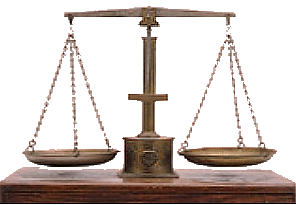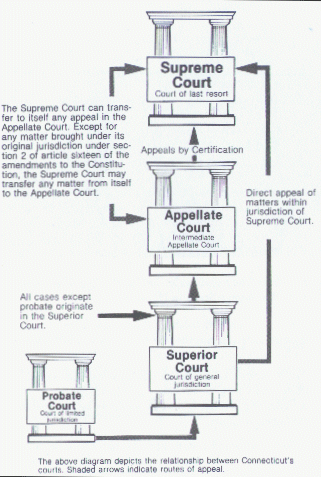 |
|
 |
|
|
|
|||||||||||||||||
 |
|||||||||||||||||
|
LEGAL TOPICS (cont'd) |
|||||||||||||||||
|
COURTS- STATE VS. FEDERAL |
|||||||||||||||||
|
There are two judicial systems in the United States. Under the authority of the state's constitution, the state operates it's judicial system to handle most criminal and civil matters, personal injury, divorce, and other legal controversies. Federal courts handle matters such as cases between two states or the citizens of two states, diplomatic personnel, or cases brought up by the United States. In state matters, if federal law is ever brought into question, state cases may be appealed to the US Supreme Court. |
|||||||||||||||||
|
HOW THE COURTS ARE ORGANIZED |
|||||||||||||||||
|
SUPREME COURT SUPERIOR COURT |
|||||||||||||||||
 |
|||||||||||||||||
|
|
|||||||||||||||||
|
More Info |